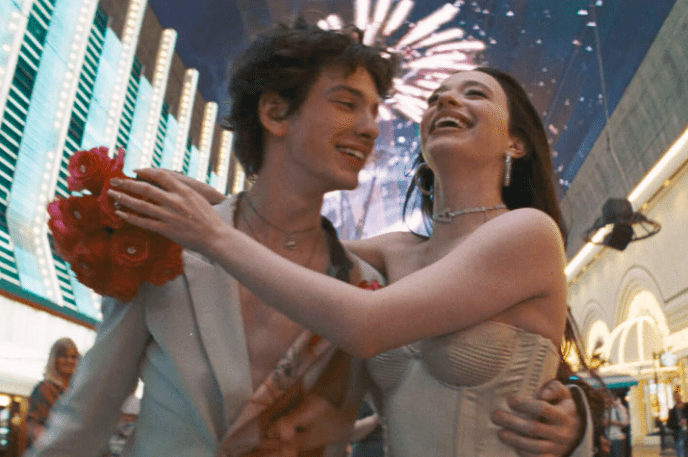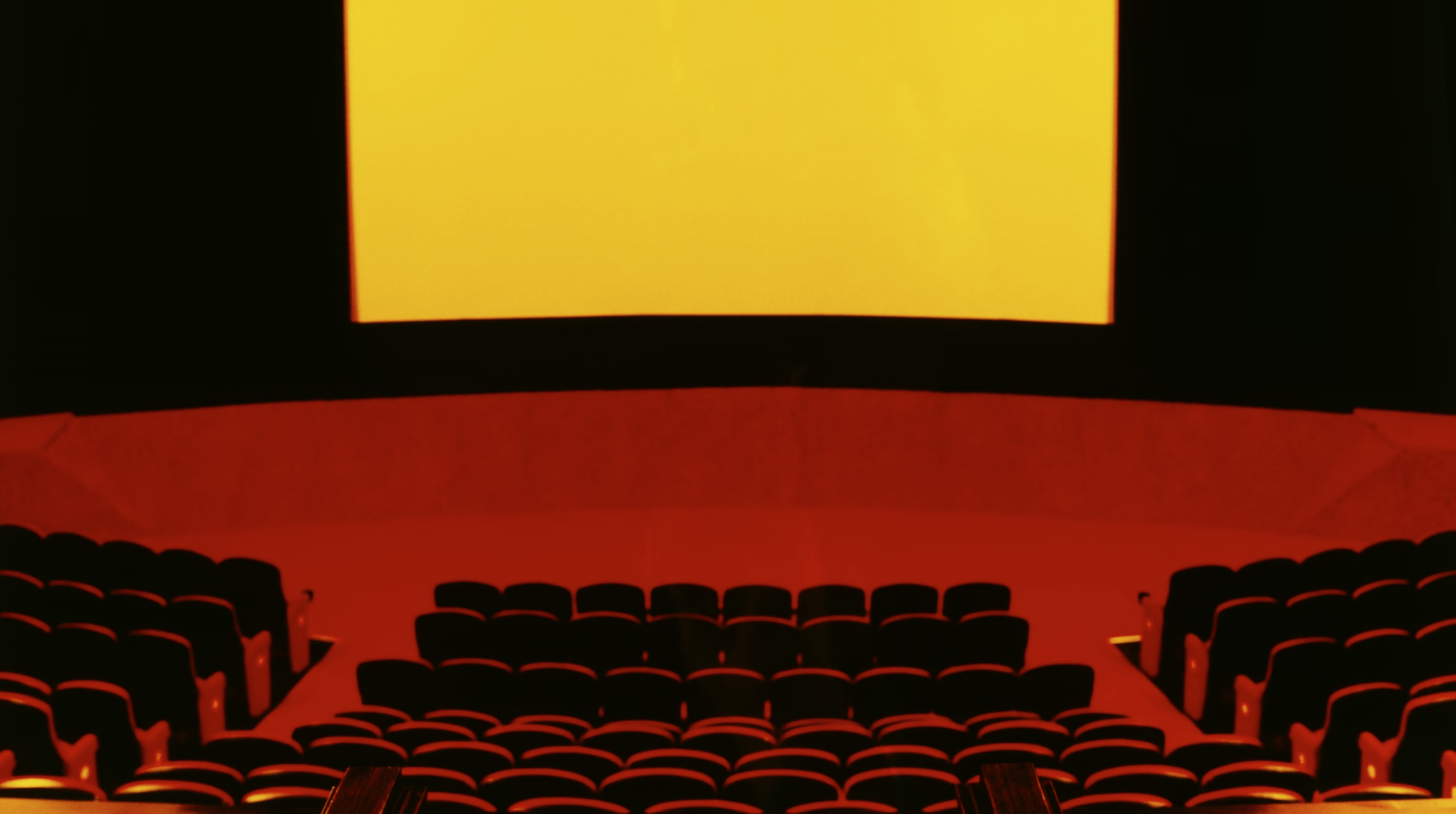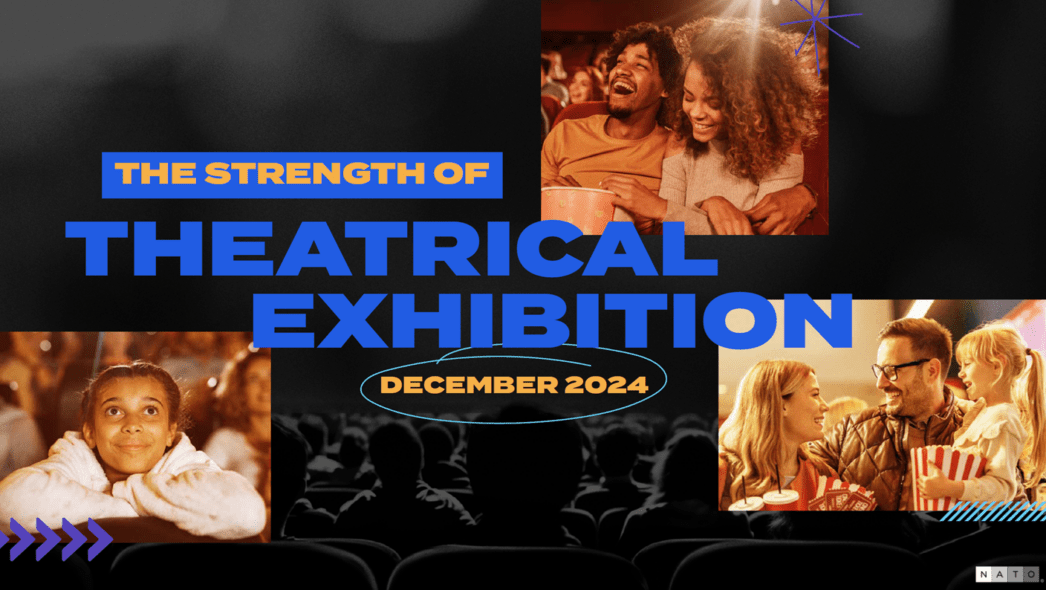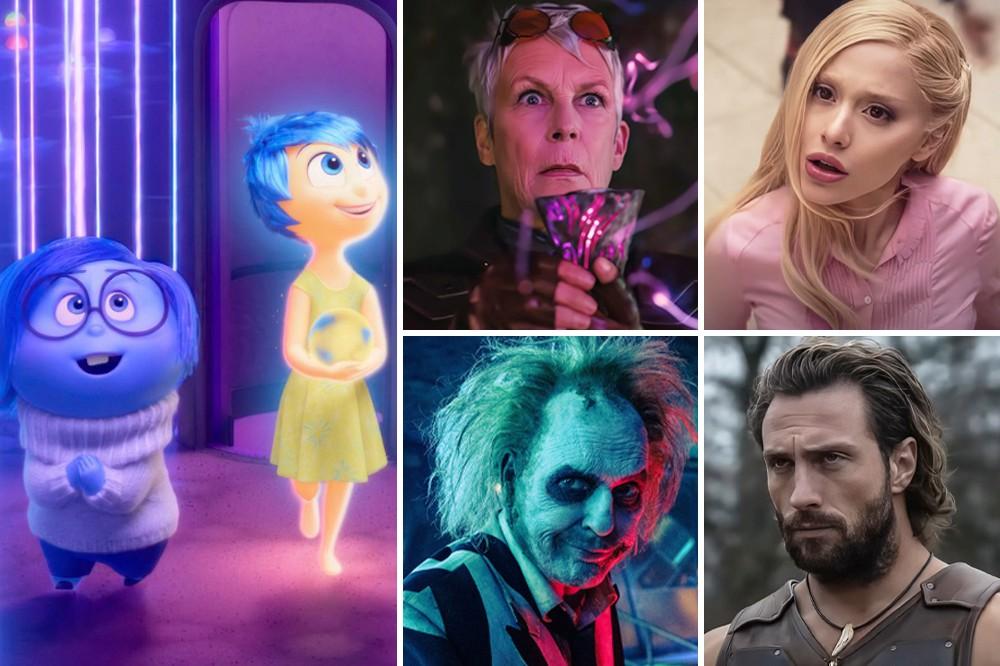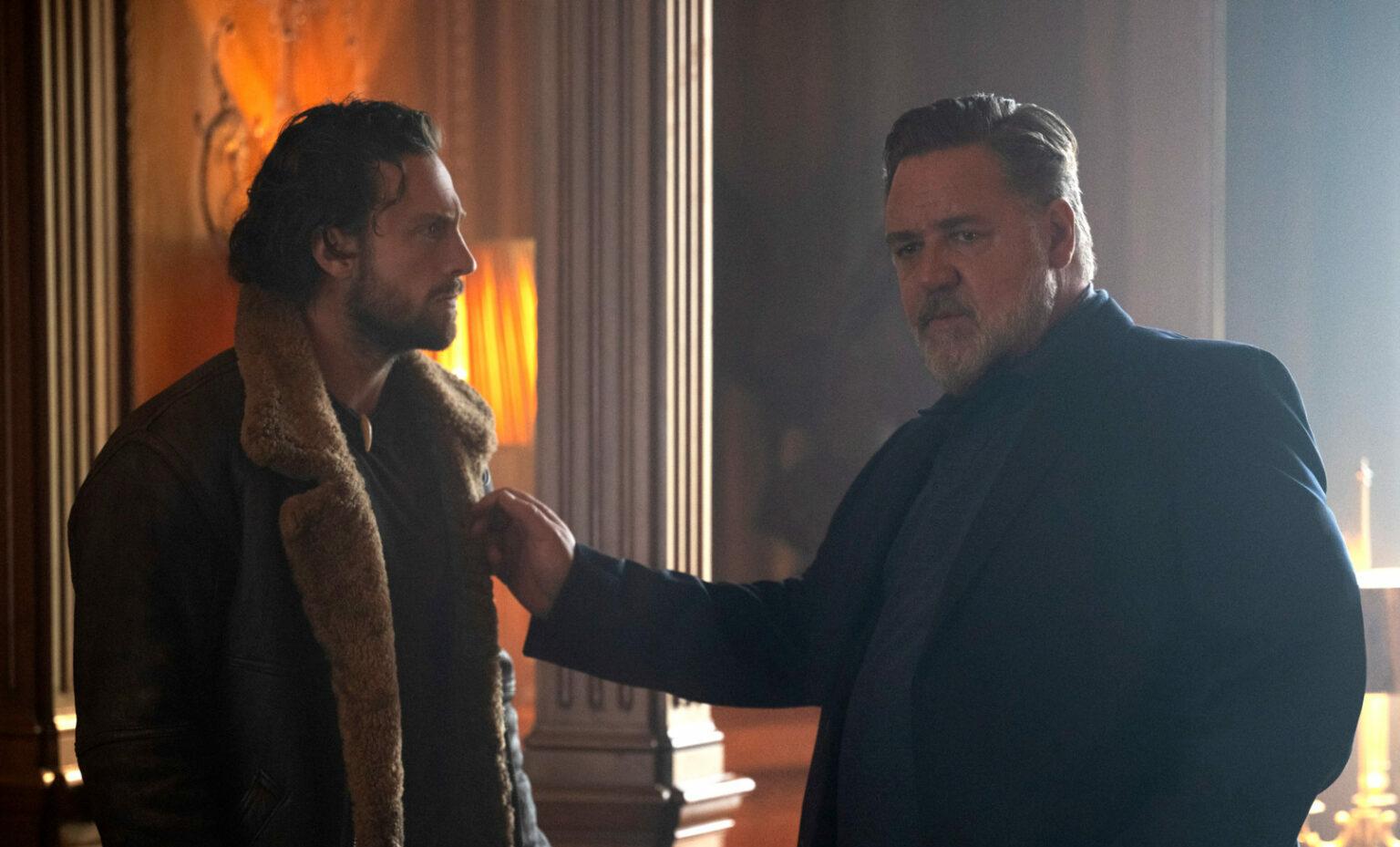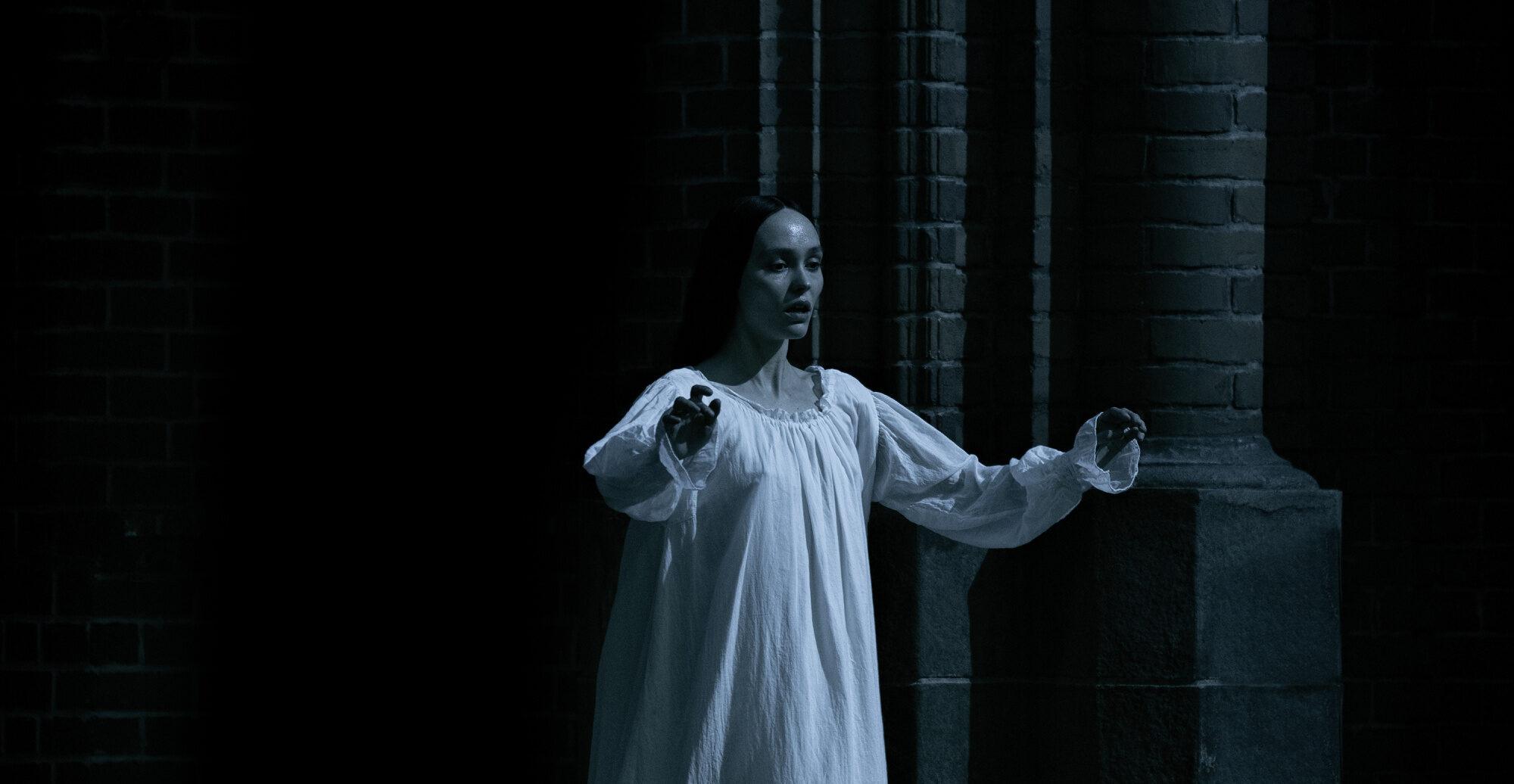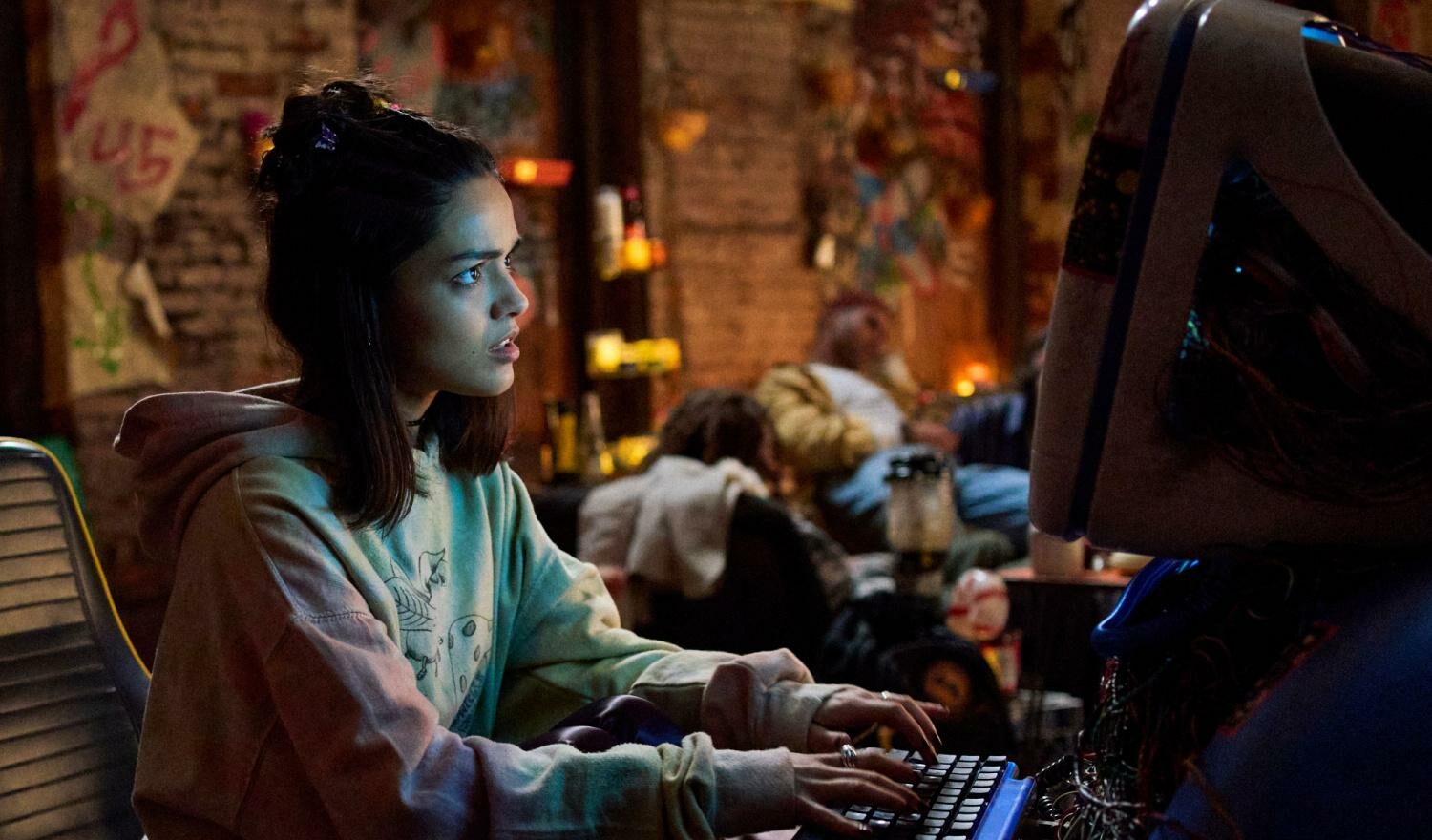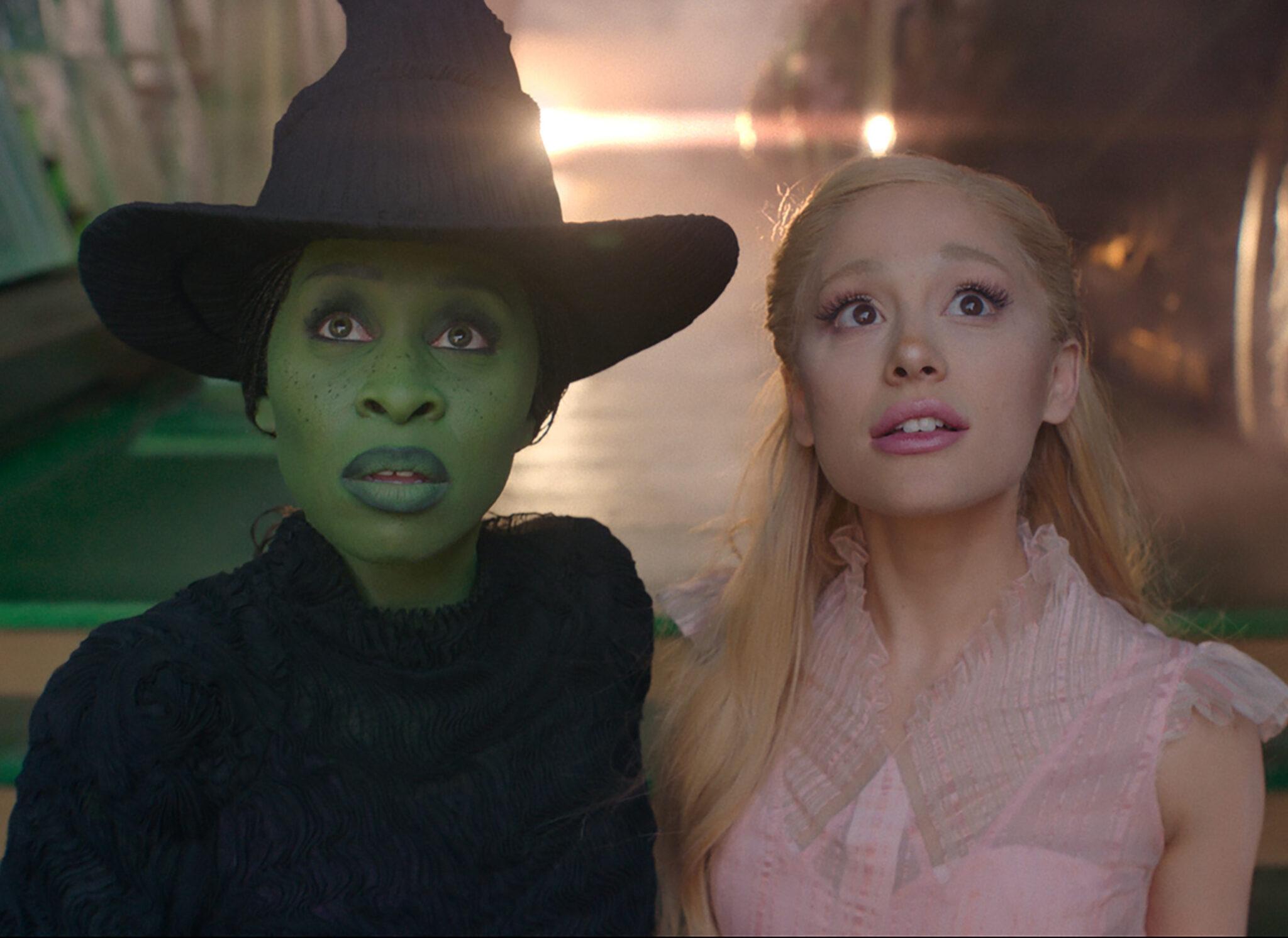VERDICT: Women’s films and issues held center stage at Cannes 2024, while outright political films and cinema’s elder statesmen fell out of favor.
Despite rainy days, an ever-growing shortage of tickets to screenings, and heightened security that made it a chore to get into the Palais or even walk down the Croisette, the 77th Cannes Film Festival (May 14-25, 2024) unfolded, for the most part, with its habitual grace and very few surprises, like an elegant granny we’ve all seen a bit too much of.
It was a good year for the genre, with lots of lurid excess in the vein of Titane, the 2021 Palme d’Or winner, and many ambitious and overlong personal passion projects. It was a bad year for the Old Master directors, whose self-indulgent personal statements added nothing to their life’s work, and for old-school art-house understatement, which was in scant supply.
Before the festival started, this was widely billed as the year the French film industry finally caught up with the #MeToo movement. For the first time, the Palais were adorned with official signs advising on how to report abusive behavior. While early reports that the festival would feature an explosion of name-and-shame allegations against high-profile filmmakers proved exaggerated, a late addition to the Un Certain Regard section was actor-director Judith Godrèche’s short Moi Aussi, which features the testimonies of sexual abuse victims.
This follows Godrèche’s recent denunciation of her relationship with director Benoît Jacquot in the 1980s, begun when she was 14 and he was 39, plus her accusations of “rape with violence” against director Jacques Doillon. Both have denied her claims, but at least the long-standing unofficial policy of protective silence towards famous men in French film circles appears to be finally crumbling.
The main Cannes program was certainly full of strong feminist heroines, many of them fighting back against abusive men and patriarchal power in general. Sean Baker’s Palme d’Or winner Anora, about a kick-ass sex worker who marries a Russian oligarch’s wastrel son, is arguably the director’s most conventional crowd-pleaser to date. Still, it features an incandescent lead performance from its young star Mikey Madison.
In a similar vein, Jacques Audiard’s gloriously ambitious Spanish-language musical melodrama Emilia Pérez, which won the Jury Prize and the Best Actress award for four cast members, features three feisty heroines taking a stand against femicidal Mexican gangsters. And Marcus Van Horn’s The Girl with the Needle is a gripping, based-on-reality crime thriller with a timely message about women having agency over their bodies.
Even the competition’s two experimental films from Jia Zhang-ke (Caught by the Tides) and Best Director-winner Miguel Gomes (Grand Tour) are structured around gutsy, determined, independent women. Can it be a mere coincidence that the heroines of both films end up navigating the gorges of the Yangtze River in search of men they have lost but cannot let go of?
These are all male-directed takes on female stories, of course, but women directors were also unusually prominent in the official Cannes program this year. Payal Kapadia became the first Indian director to win the Grand Prix for her film All We Imagine as Light, a tender relationship drama that pivots on female solidarity in the midst of rapidly changing social mores, where defunct arranged marriages coexist with premarital sex and Muslim-Hindu love affairs.
Coralie Fargeat’s darkly satirical body-horror thriller The Substance, which won the Best Screenplay award, is a deranged all-out assault on sexist and ageist double standards in the entertainment industry. Meanwhile, Andrea Arnold’s lyrical coming-of-age drama Bird and Agathe Reidinger’s impressive debut feature Wild Diamond are both sympathetic portraits of working-class teenage girls from dysfunctional families navigating a society dominated by manipulative, violent men.
A prominent voice in the French #MeToo movement, actor-director Noémie Merlant premiered her second feature The Balconettes, a lurid comedy thriller that turns a grisly case of rape and revenge into a panoramic critique of toxic masculinity.
Of course, Cannes is still Cannes, which means high-profile competition slots for legendary Old Masters from bygone cinematic eras, regardless of their fading powers. This year, alongside an honorary Palme d’Or for George Lucas, the program featured a cluster of self-indulgent, semi-autobiographical works by his 1970s and 1980s contemporaries.
The 77-year-old Paul Schrader’s autumnal confessional Oh Canada and 81-year-old David Cronenberg’s atmospheric but half-baked The Shrouds both touched on personal themes of grief, loss, and mortality. But the undisputed heavyweight disaster of the festival was 85-year-old Francis Ford Coppola’s long-gestating passion project Megalopolis, an operatic hymn to the Great Man Theory of history which disproves its thesis with pompous, incoherent, self-regarding hubris.
Megalopolis has to top any count of the big losers passed over by Greta Gerwig’s main competition jury. Despite being critically demolished almost across the board, it should still do business with Coppola’s loyal and reverent following when it is released commercially.
On the other side of the see-saw sits The Girl with the Needle, a period film whose impoverished setting and grim bleakness, along with a realistic and heart-rending story about abortion and infanticide, will do it no favors at the box office. It was the critical favorite going into the award ceremony.
Also ignored were two of the most overtly political films in competition, Ali Abbasi’s exploration of Donald Trump’s rise to power in The Apprentice and Kirill Serebrennikov’s biopic of a Russian right-wing extremist in Limonov – The Ballad. Both of these grotesque, over-the-top portraits bursting with exuberant period music had their merits and should be viable commercial releases.
The one political film to get a small nod from the jury was the Iranian The Seed of the Sacred Fig, Mohammad Rasoulof’s daring exposé of the government’s violent crackdown on peaceful protesters supporting the Women’s Life Freedom movement. The director escaped an 8-year prison sentence and flogging by leaving Iran and going into exile just before his film’s triumphant bow at the festival.
Though the Directors’ Fortnight has long prided itself on being a non-competitive section, this year saw it finally inaugurate a prize of sorts voted by the audience. The first audience award was given to Universal Language, a crowd-pleasing yet contemplative piece in which a small Canadian town is reimagined as Persian-speaking, and how this entails another set of cultural clashes and reconciliation.
In the absence of the usual big hitters, the power in Asian cinema shifted to India, with competition entry All We Imagine as Light crowning first-feature director Payal Kapadia with a Grand Prix and Santosh receiving rave reviews. While Jia Zhang-ke returned home empty-handed, his peer Guan Hu, 55, made a late-career splash at UCR by winning the section’s top award with Black Dog.
From the troubled Middle East, emerging and veteran filmmakers won awards and a sweet part of the spotlight. Nearly all the films selected explored the themes of hope and resistance in diverse contexts. In addition to the Iranian political thriller The Seed of the Sacred Fig’s Special Prize in the main competition, Saudi newcomer Tawfik Alzaidi’s tribute to artists and art in closed-minded societies, Norah, received a Special Mention in Un Certain Regard.
In Critics Week, the Egyptian documentary The Brink of Dreams championed female emancipation and won the esteemed L’Oeil d’Or. Two other titles of note that won critics’ and audiences’ acclaim were Palestinian Mahdi Fleifel’s masterfully told Ode to Exiles, To A Land Unknown, in Directors’ Fortnight, and Somali director Mo Harawe’s film about hope and solidarity in a post-war country, The Village Next to Paradise, in Un Certain Regard, making Harawe the first Somali filmmaker to compete at Cannes.
Love poured forth across the official selection at Cannes, but the love for a mother in Boris Lokjine’s The Story of Souleymane maybe this year’s most touching depiction of love. Lokjine’s hero is motivated to hustle and to become French because he understands his troubled mother needs him to take care of her. That need takes him from Guinea to Libya to Europe.
For his moving performance in the film, first-time actor Abou Sangare, who broke down in tears following a screening at the Théâtre Debussy, deservedly received the Best Actor award in Un Certain Regard (the film also took home a Jury Prize and a Fipresci award.) Sangare was one of two black Africans honored with awards in that section, the other being the UCR Best Director Prize to Zambian director Rugano Nyoni for her semi-surreal drama On Becoming A Guinea Fowl. Black Africa doesn’t show up too much in Cannes, but four wins at one edition is not a bad return.
Cannes Classics, the strand showcasing restored films and documentaries about cinema, celebrated its 20th anniversary and opened in style with the highly anticipated world premiere of Napoléon, Abel Gance’s 1927 silent epic, now back in its original seven-hour glory. Cannes screened the first half of this opus.
With its usual cunning blend of stone-cold classics and less-seen (but no less interesting) works from the past, the section expanded throughout the Palais, mainly in the smaller Salle Buñuel but also in larger auditoriums like the Salle Debussy, which hosted the 40th-anniversary screening of Paris, Texas with Wim Wenders in attendance.
After Venice, Cannes became the second of the big three European festivals to give immersive works and virtual reality their dedicated section with the brand new Immersive Competition. An intriguing initiative, albeit one that is likely to remain more niche than Venice’s similar section.
The reason: Venice’s Immersive Island is less than two minutes away from the Lido by boat, while Cannes’ Cinéum multiplex is a good half-hour bus ride from the Palais, making it a daunting prospect for attendees with tight schedules.

